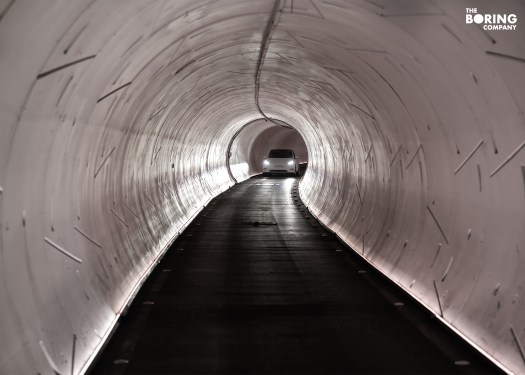The Boring Company, Elon Musk’s tunnel-digging venture, has partnered with Tennessee Governor Bill Lee to unveil plans for a 10-mile underground loop in Nashville. The proposed system would connect downtown Nashville and the convention center to the city’s airport. According to the governor’s press release, the project will be privately funded by The Boring Company and unnamed partners. The next steps involve a public process to evaluate potential routes, engage with community stakeholders, and finalize plans for the initial phase.
Construction will only begin after the necessary approvals are secured, but the governor’s office estimates the first segment could be operational as early as fall 2026. If completed, Nashville would become the second city with a Boring Company loop system, following Las Vegas, where the company has already built tunnels around the convention center and claims to have provided 3 million Tesla rides.
Elon Musk founded The Boring Company in early 2017 after expressing frustration with traffic congestion. Early promotional videos depicted a futuristic underground network where vehicles would bypass street gridlock via an elevator-sled system. Musk once claimed the company had verbal government approval for a high-speed tunnel linking New York City and Washington, D.C., but those plans never materialized.
The company has faced setbacks in other cities, including Los Angeles and Chicago, where proposed tunnel projects were abandoned due to local opposition. The hyperloop concept, which Musk initially championed as an alternative to high-speed rail, has also been largely sidelined. Even in Las Vegas, the loop operates with human-driven Teslas rather than autonomous vehicles, despite Musk’s focus on self-driving technology.
Currently, The Boring Company functions more like an advanced people-mover than the revolutionary transit system originally envisioned. However, its approach offers some advantages, such as reduced disruption to surface traffic during construction and no direct taxpayer funding.
The Tennessee governor’s announcement highlights the Las Vegas loop’s safety record, citing a 99.57% rating from federal agencies. However, it omits past concerns about worker safety during tunnel construction. Reports from former employees describe hazardous working conditions, with one safety manager stating that the fast-paced environment made injuries nearly inevitable.
Despite these challenges, the Nashville project moves forward, aiming to replicate the Las Vegas model while avoiding the pitfalls of past ambitions. Whether it succeeds will depend on public approval, regulatory hurdles, and the company’s ability to balance speed with safety.

